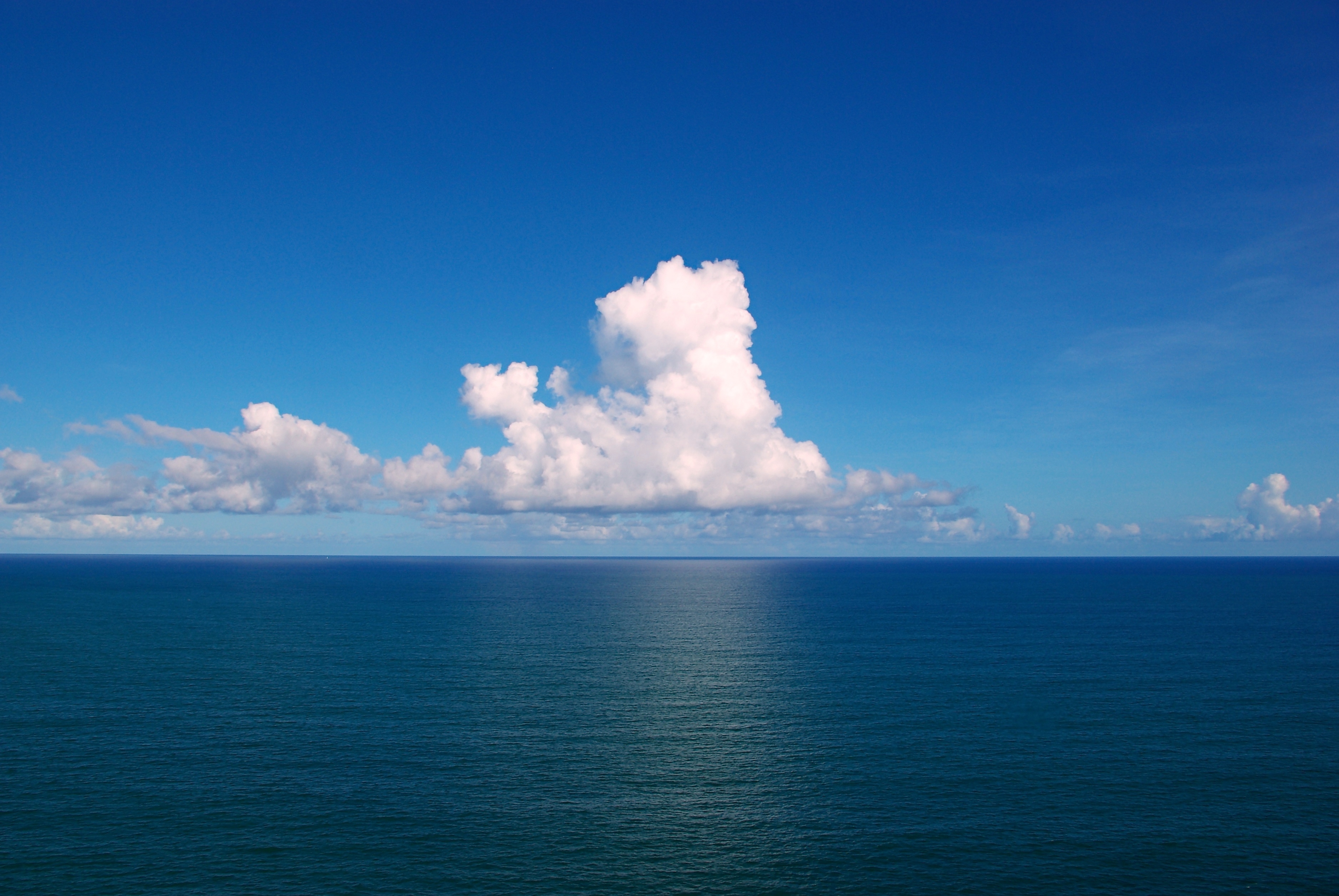-The oceans cover over two-thirds of the Earth’s surface. They play a vital role in global biogeochemical cycles, contribute enormously to the planet’s biodiversity and provide a livelihood for millions of people.
The oceans are absorbing carbon dioxide (CO2) from the atmosphere and this is causing chemical changes by making them more acidic (that is, decreasing the pH of the oceans). In the past 200 years the oceans have absorbed approximately half of the CO2 produced by fossil fuel burning and cement production. Calculations based on measurements of the surface oceans and our knowledge of ocean chemistry indicate that this uptake of CO2 has led to a reduction of the pH of surface seawater of 0.1 units, equivalent to a 30% increase in the concentration of hydrogen ions.
-In the last two decades, coral reefs in the Caribbean and around the world have experienced major natural disturbances. These natural events may have been influenced by human activities. During the early 1980s a water borne pathogen was carried throughout the Caribbean Sea. This pathogen caused a massive die-off of the long-spined sea urchin Diadema antillarum. At some locations the population of Diadema was reduced by 95 percent. Diadema is an important algae grazer, so its reduction resulted in increasing algal growth throughout reefs in the Caribbean.
Through coastal development humans have destroyed important habitats. This contributes to decrease water quality and increased storm demage.
NO FISHING ZONE.

_Air_Power_Demonstration.jpg)
No comments:
Post a Comment